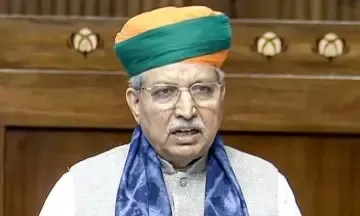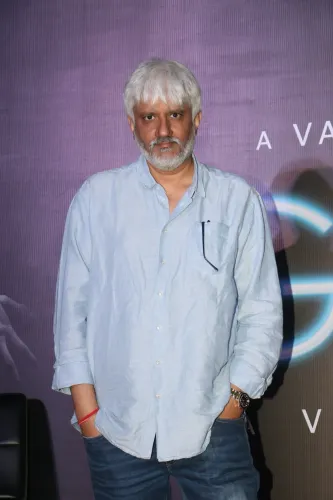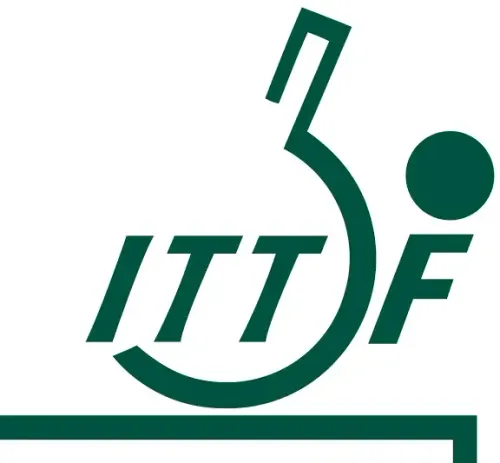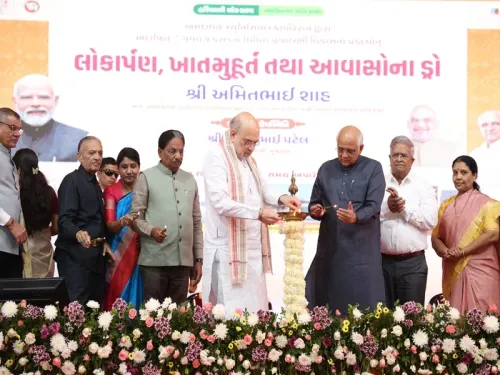Union Minister Arjun Ram Meghwal Advocates for 'One Nation, One Election' as Electoral Reform

Synopsis
Key Takeaways
- Arjun Ram Meghwal supports One Nation, One Election.
- Opposition's concerns over federalism are questioned.
- Historical precedents of simultaneous elections are cited.
- Proposal aims to enhance electoral efficiency.
- Value-based education is emphasized in new reforms.
Jaipur, March 15 (NationPress) Union Minister of State (Independent Charge) for Law and Justice, Arjun Ram Meghwal, on Saturday, championed the idea of One Nation, One Election, responding to apprehensions voiced by certain political factions regarding its potential threat to federalism.
During his remarks, Minister Meghwal challenged the Opposition's viewpoint, asserting, "When Lok Sabha and Assembly elections were conducted simultaneously in 1952, 1957, 1962, and 1967, was that not an infringement on the federal structure? Elections were executed without complications back then. Now, with PM Modi introducing reforms, why shouldn't it be viewed as an electoral enhancement?"
His statements arise amid a continuing dialogue about the viability and consequences of synchronizing elections nationwide, a proposal actively deliberated by the Central government.
"Elections were managed effectively during those times; there were no issues. Now PM Modi is refining the approach, so why shouldn't it be recognized as an electoral reform?" the Union Minister queried.
Minister Meghwal, attending the inauguration of the new Law Building (Academic Block-3) at Manipal University in Jaipur, stated: "The updated criminal justice system implemented on July 1, 2024, encompasses numerous crucial elements related to spiritual and moral values. Considering this, value-based education should also be a pivotal aspect of educational institutions. Manipal University has made strides in this direction, and I am here in Jaipur for this session."
India’s democratic structure flourishes due to the dynamism of its electoral process, empowering citizens to actively influence governance at all levels.
Since gaining independence, over 400 elections for the Lok Sabha and State Legislative Assemblies have demonstrated the Election Commission of India’s dedication to fairness and transparency.
Nevertheless, the sporadic and frequent nature of elections has ignited discussions on the necessity for a more efficient system. This has rekindled interest in the notion of One Nation, One Election.
This concept, also referred to as simultaneous elections, suggests aligning the election schedules of the Lok Sabha and State Assemblies. This alignment would enable voters to cast their votes for both levels of government on the same day in their constituencies, although voting may still occur in phases throughout the nation.
By synchronizing these electoral schedules, this strategy aims to tackle logistical challenges, lower costs, and lessen the disruptions caused by frequent elections.










